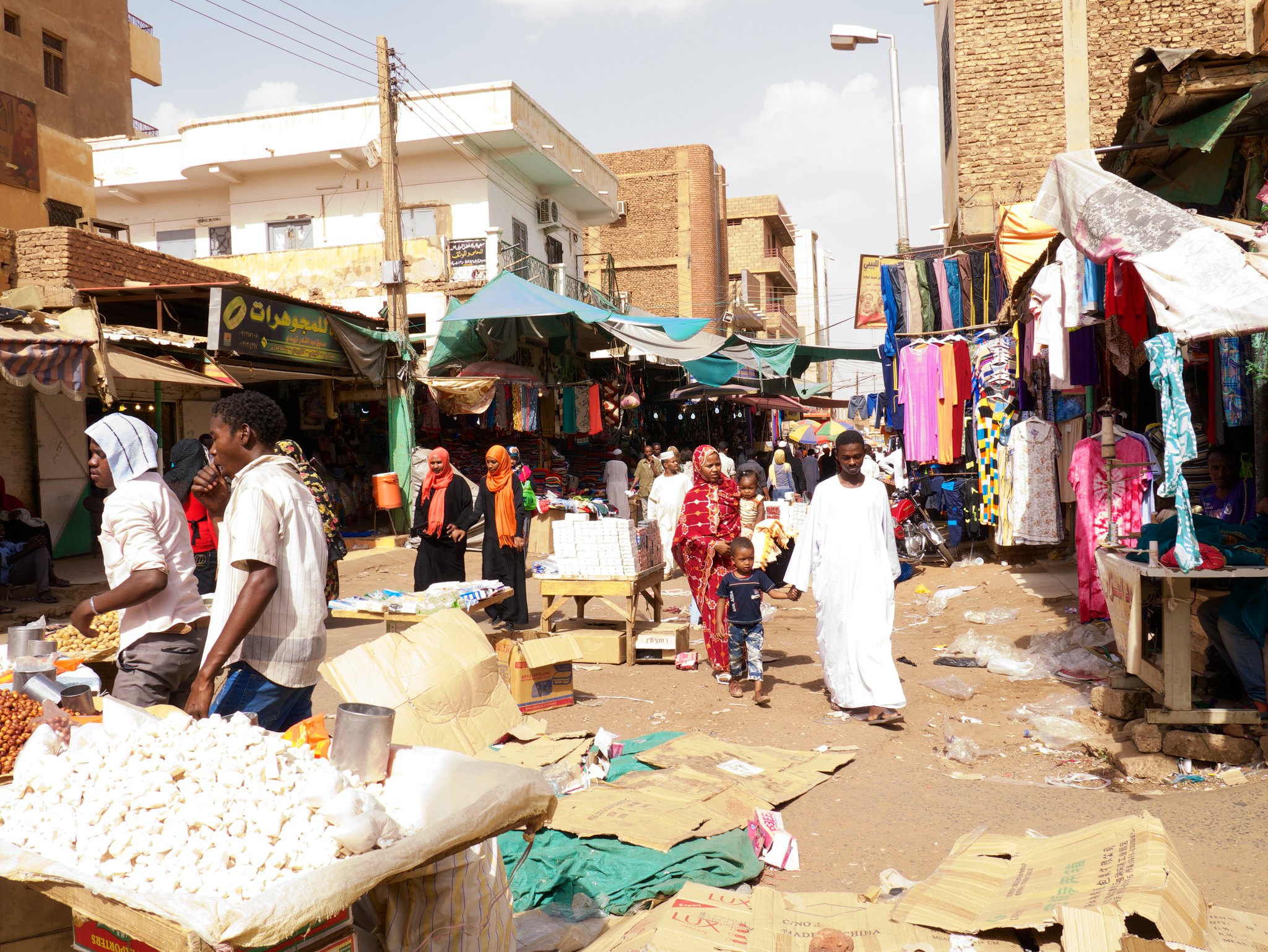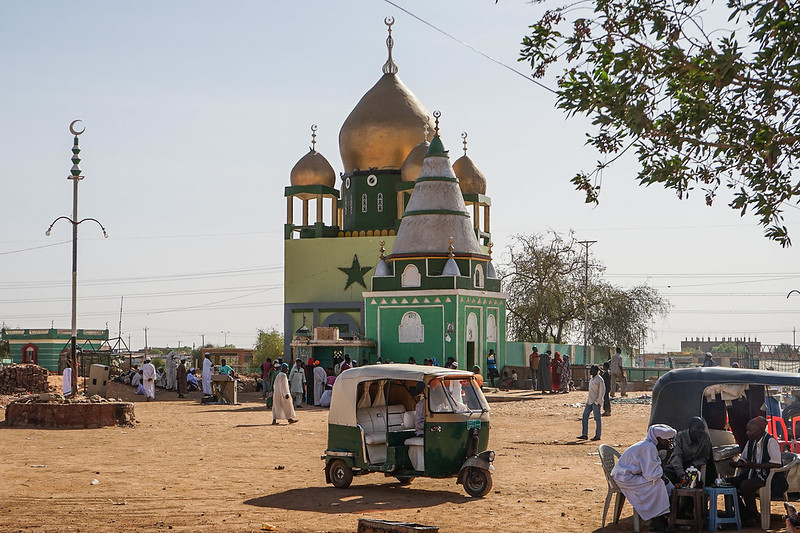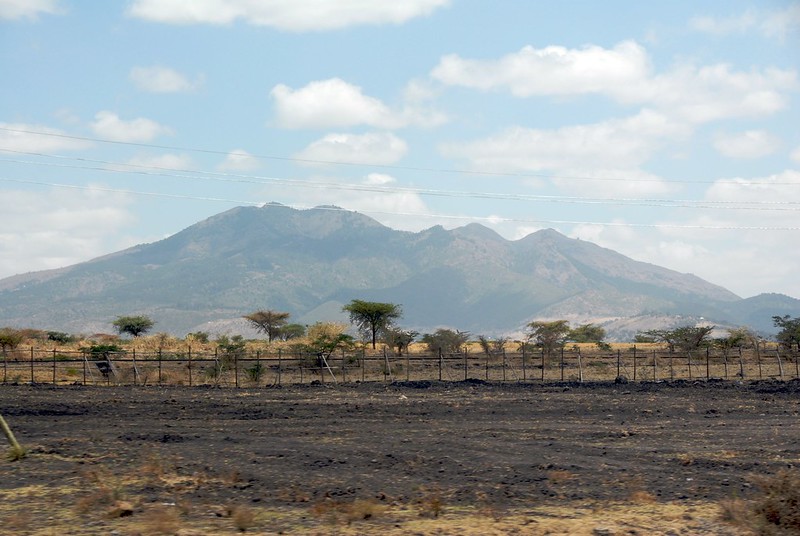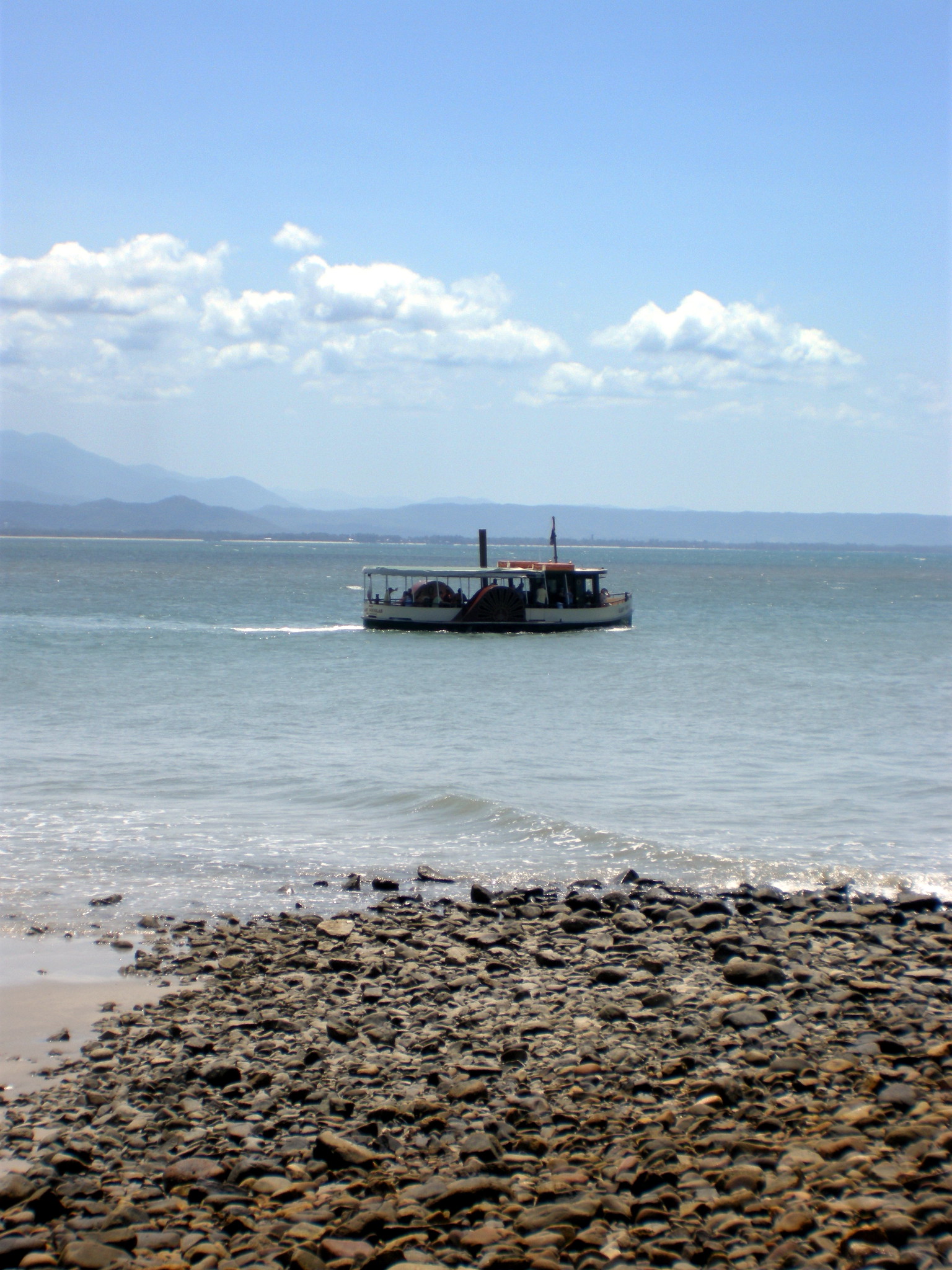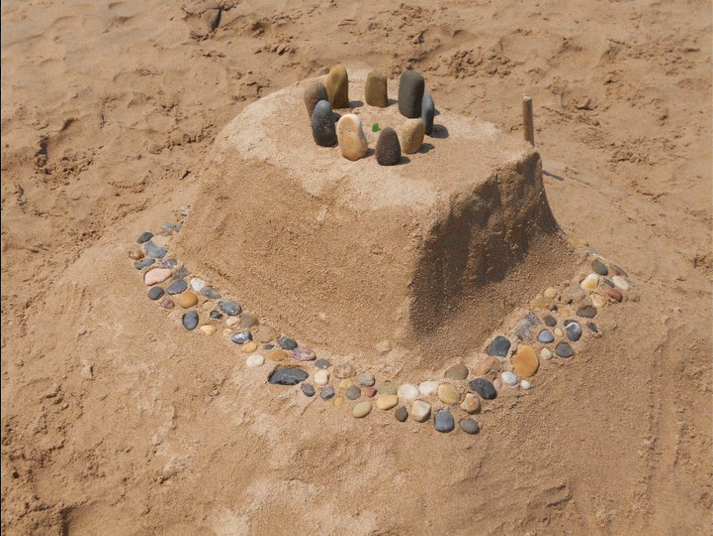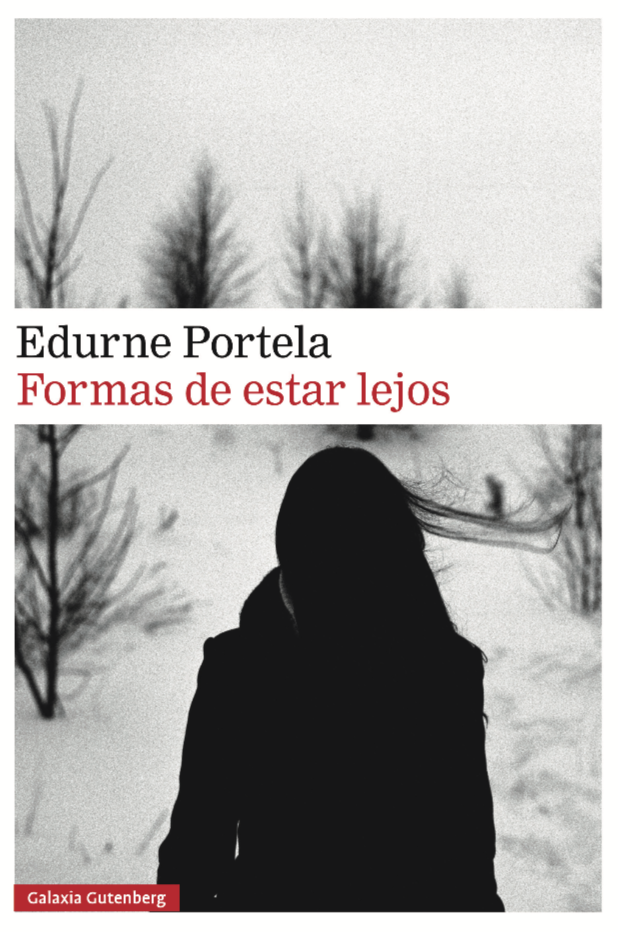By LEMYA SHAMMAT
Translated by ELISABETH JAQUETTE
1. Theater
He spotted her slender body, whipped by the hot air, on the verge of being flattened by the wheels of the racing cars. Without hesitation, he decided to save her. He glanced around, then rushed to launch himself deftly into the air, while behind him fluttered the hems of his tattered rags and the rope he had cinched around his waist in place of a belt to hold the threadbare rags against his thin, feeble body. For an instant everything was still; for a moment his mind went numb. Then bodies leaned, necks elongated, eyes widened, breaths quickened, and a panicked cry of warning escaped: “Hey, watch out!”
The entire scene instantly transformed into a boisterous one-man show, a masterful performance. He just managed to reach out and grab the edge of the empty cardboard box before roughly colliding with the asphalt. He looked around for an instant, then lightly stood, clutching the box, astonishing bystanders and causing drivers to gasp and swerve to avoid running him over.
Amid the chaos, shouting, laughter, and exclamations of “Thank God!,” some people were awestruck by how terribly wrong things could have gone in that astounding moment. Meanwhile, mouths began to quickly—and freely—recount what had just occurred, adding some details, analysis, and a few imaginative embellishments to the life of the former high school teacher, who had ended up the skinniest and dustiest man with the most protruding ribs, absentmindedly wandering the open-air museum of Omdurman’s city streets.
